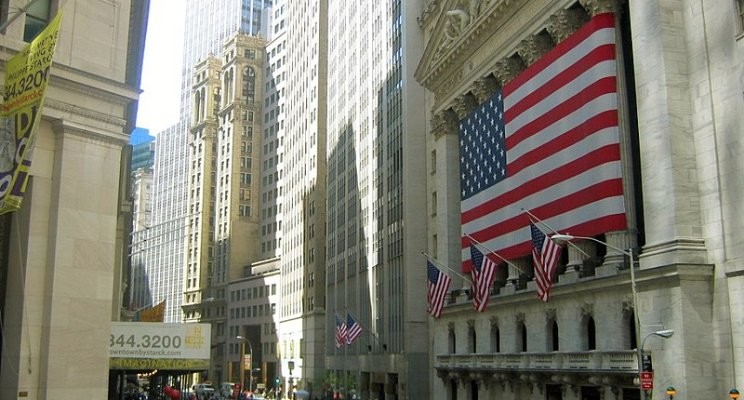
(Photo : LinkedIn)
US markets
- The S&P 500's recent performance reflects investor caution amid geopolitical tensions and upcoming U.S. labor data.
- Geopolitical tensions, particularly between Israel and Iran, and U.S. labor market data are influencing investor sentiment.
- The Federal Reserve's actions and corporate performances, such as those of JPMorgan Chase, are significant market drivers.
- The global financial landscape is shaped by geopolitical tensions, corporate performances, labor market dynamics, and central bank actions.
The global financial landscape is currently witnessing a series of events that are shaping the future of economies and markets. The S&P 500, a bellwether of the U.S. economy, ended with little change recently, reflecting the cautious stance of investors amid geopolitical tensions and upcoming U.S. labor data releases.
Technology shares, particularly Nvidia, played a significant role in the market's performance. Nvidia's shares rose by 1.6%, providing a much-needed boost to the S&P 500 technology index. The company's performance is a testament to the growing influence of technology in the global economy.
However, the electric carmaker Tesla's shares fell by 3.5% after reporting third-quarter vehicle deliveries below estimates, indicating the challenges faced by the electric vehicle industry.
Geopolitical Landscape and Market Sentiment
The geopolitical landscape is also influencing investor sentiment. Recent tensions in the Middle East, particularly between Israel and Iran, have added a layer of uncertainty to the market. The U.S. and Israel have vowed to retaliate following Iran's attack on Israel.
Meanwhile, U.S. President Joe Biden has urged Israel to act proportionally, indicating a preference for diplomatic solutions over military escalation. This stance reflects the complex dynamics of international relations and their impact on global markets.
The U.S. labor market is another critical factor shaping investor sentiment. Recent data showed that U.S. private payrolls increased more than expected in September, suggesting that the labor market is not deteriorating.
However, investors are closely watching the upcoming September non-farm payrolls data and U.S. jobless claims data. These data points will provide further insights into the health of the U.S. economy and could influence the Federal Reserve's future monetary policy decisions.
Federal Reserve's Actions and Market Expectations
The Federal Reserve's actions have been a significant market driver. The market ended September with strong gains after the Federal Reserve initiated its monetary policy easing cycle with an unusual 50-basis-point rate cut to support the jobs market. This move has increased the odds of a quarter-percentage-point rate reduction at the Fed's November meeting to 65.7%, up from 42.6% a week ago.
The current market scenario is reminiscent of the 2008 financial crisis when the Federal Reserve had to cut interest rates aggressively to stimulate the economy. However, the context is different now, with the economy recovering from a pandemic-induced recession rather than a financial meltdown. The Federal Reserve's actions will be crucial in determining the pace of economic recovery.
In the corporate world, JPMorgan Chase and other big banks are set to kick off the S&P 500 third-quarter earnings season on Oct. 11. Their performance will provide insights into the health of the banking sector and its ability to weather economic uncertainties. The U.S. economy is also grappling with the impact of a strike by 45,000 dockworkers, which is halting shipments at U.S. East Coast and Gulf Coast ports.
The strike is costing the economy roughly $5 billion per day, according to JPMorgan analysts. This situation underscores the importance of labor relations in the smooth functioning of the economy.
In the retail sector, Nike's shares dropped 6.8% after the athletic footwear and apparel maker withdrew its annual revenue forecast. This move reflects the challenges faced by retailers in a rapidly changing market environment. Similarly, shares of Humana Inc fell 11.8% after the health insurer said it expected enrollment in its top-rated Medicare Advantage plans to decrease for 2025, highlighting the uncertainties in the healthcare sector.









